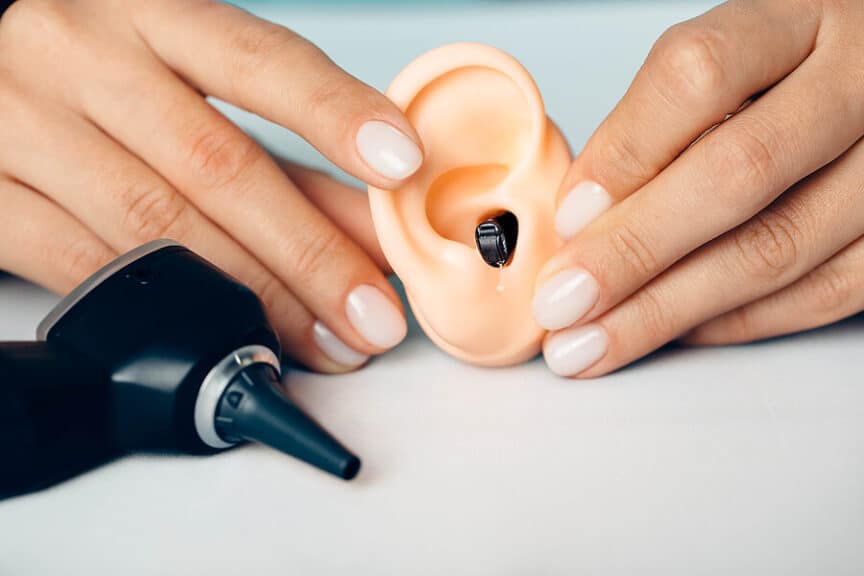In the realm of auditory health, hearing aids play a crucial role in enhancing the quality of life for many individuals. These small devices amplify sounds and require proper maintenance to ensure optimal performance. Understanding the dos and don’ts of hearing aid care is essential for prolonging their lifespan and preserving your auditory well-being.
Do’s When Dealing with Hearing Aids
Hearing aids serve as harmonious companions for patients with hearing loss regardless of age, enriching daily experiences. Adopting a caring approach to maintenance is crucial to ensure these little wonders continue enhancing one’s auditory world. Here are a few best practices to adopt in taking Care of hearing aids.
Keep it Dry and Cool
Moisture is the enemy of hearing aids. When not in use, store them in a cool, dry place to prevent any damage from humidity. Invest in a hearing aid dehumidifier to absorb any excess moisture overnight.
Clean Regularly
Develop a routine for cleaning your hearing aids. Use a soft, dry cloth to remove earwax or debris from the device. Avoid using liquids or cleaning solutions, as these can damage the sensitive components. Regular cleaning will also ensure no germs transfer from the hearing aid to the inner ear. This is to protect the ears from foreign bodies that might be compromising.
Battery Check
Batteries are the hearing aids’ power boxes; without them, the devices would not power on and carry out their functions. Regularly check the battery to ensure it is working correctly. Replace the batteries as soon as you notice any decrease in performance. Ensure spare batteries are on hand; this is a good practice.
It’s advisable to have the hearing aids professionally checked regularly. Many hearing aid providers offer maintenance services to ensure the devices function optimally. These professionals know what to look for in a hearing aid; if any abnormality is observed, they are in the best position to fix it.
Don’ts of Hearing Aid Maintenance
As there are best practices in handling hearing aids to enjoy them to optimal function, there are also things not to do. Refrain from exposing your hearing aids to excessive moisture. Remove them before showering or swimming, and be cautious in humid environments. Moisture can seep into the device and compromise its functionality.
Clean Regularly
Dirt and germs can easily build up on hearing aids; this is why neglecting regular cleaning can affect the performance of your hearing aids. Make it a habit to clean hearing aids thoroughly and regularly to prevent potential issues. Avoid harsh chemicals, cleaning solutions, or alcohol-based products on your hearing aids. These substances can damage the delicate components and shorten the device’s lifespan.
Importance of Checking Batteries
Ignoring the status of your hearing aid batteries can result in unexpected device failure. Always check the battery life and replace them promptly to avoid interruptions in your hearing assistance.
Temperature Regulation
Hearing aids are sensitive to extreme temperatures. Avoid leaving them in direct sunlight or extreme heat, which can damage the internal components. Similarly, protect them from extremely cold conditions. It’s a small act that ensures no interruption in sound quality. Keep them in cool, dry places to ensure they stay in perfectly good condition for their intended purpose.
Caring for your hearing aids is crucial to maintaining optimal auditory health. By incorporating these dos and don’ts into your daily routine, you can extend the lifespan of your hearing aids and enjoy clear, amplified sound for years to come. Remember, a little care goes a long way in preserving these essential devices’ functionality and maintaining patients’ audibility for years.

